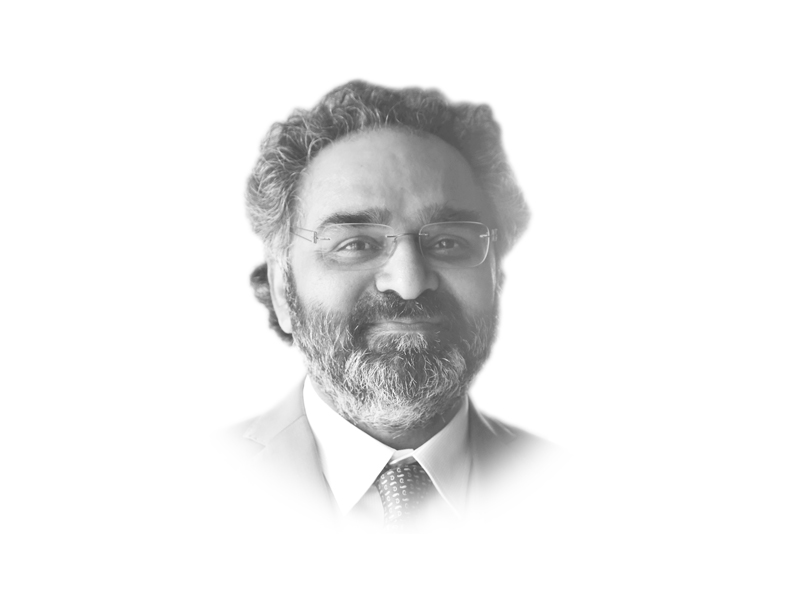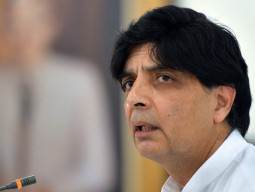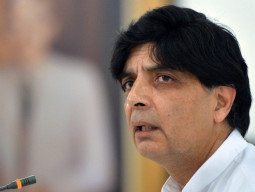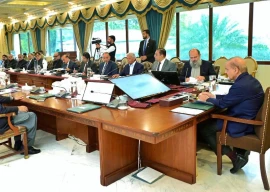
Apparently, a large spectrum of policy approaches were proposed in the recently concluded US White House summit organised around the theme of “countering violent extremism”. Ministerial-level representatives from more than 60 countries and UN agencies, academics and civil society magnates, including Pakistan’s interior minister, discussed various causes, consequences, governance mechanisms and policy approaches to tackle the growing menace of violent extremism. As with many other complex problems, the proposed policy approaches struggle to balance various short-term ‘stick’ and ‘iron-fisted’ policy instruments with long-term ‘carrot’ and ‘reconciliation’ strategies. Short-term operational imperatives to provide security and maintain the rule of law require sticks, but there is a growing consensus that in the long run, sticks alone will not work in solving the complex problem of countering violent extremism. Some form of carrots, political reconciliation and softer approaches (e.g. human rights, democratic institutions) will also need to be implemented by international (e.g. UN) and national level institutions.
The joint statement, issued after the three-day summit, reflects this growing consensus that intelligence-gathering, military force and law enforcement “alone will not solve —and when misused can in fact exacerbate — the problem of violent extremism”. Rather, the statement emphasises comprehensive rule of law and community-based policy approaches to solve this problem. The statement emphasises that policy approaches and strategies must “be developed and implemented in full compliance with international law, in particular international human rights law, international refugee law, and international humanitarian law, as well as with the principles and purposes of the UN Charter”.
Herein lies the rub between the rhetoric and the reality: many countries facing the menace of violent extremism, whether Muslim or Western, are themselves not known to be followers of human rights, refugee and humanitarian laws. Many policy and governance responses, ranging from the Patriot Act in the US to counterterrorism courts in developing countries, violate the fundamental principles of the UN Charter and international human rights laws. Many countries affected by the menace of violent extremism are governed by kings and military dictators, or even sham democracies. Their record on the implementation of international human rights laws reflects a problematic feature of this complex problem: mere rhetoric on human rights and UN charters alone cannot replace the reality of political oppression and economic poverty that afflicts billions of people in the 60 or so countries that were represented in this summit, which in turn feeds the growing menace of violent extremism.
A transformational shift in political institutions, both at international and national levels in many of these 60-odd countries is required to eliminate the root causes of violent extremism. This shift must establish and promote democratic institutions, human rights, accountability and even compassion to enable this transformational shift. Any sincere effort to induce this transformational shift will, however, need the powers that be to cede their current power and give space to humanitarian and democratisation processes, which is not something that seems to be happening. So, the spiral of violent extremism is deepening in a perverse positive feedback: political and economic oppression feeds violent extremism, which in turn induces more oppression in the form of ‘stick’-based short-term operational policy approaches that do not always respect the UN human rights charter. More sticks in turn produce more violent extremists!
Breaking out of this perverse spiralling feedback loop is not going to be an easy task, but there are some scenarios in which this is possible. One of these scenarios could be realised by pursuing a ‘portfolio’ policy approach (wherein both carrots and sticks are pursued in tandem) as well as through democratic governance (wherein checks and balances between different institutions — executive, legislative, judiciary and the media — within and across these countries are established and maintained). Different institutions can act as watchdogs of other different institutions. A pragmatic way to induce this shift is to balance the resource and power allocation across these four types of institutions. In many dictatorial countries, the balance of power and resource allocation is typically tilted towards the executive, while legislative and judiciary-based institutions are malnourished and under-resourced. Many sham democracies have legislative institutions but they do not wield adequate accountability power to hold the executive or the judiciary accountable. Finally, the judiciary in many of these 60-odd countries is over-burdened with enormous amount of civil and criminal lawsuits, but under-capacitated due to shortage of resources. In a portfolio policy approach, financial and human resources can be systematically re-allocated by the UN and other national and international counter-extremism agencies to strengthen the weaker institutions, in particular the legislatures and the judiciary, but also the executive/civil bureaucracy and the media. An effective approach will require both carrots and sticks, with the precaution that sticks be used under the governing principles of the UN human rights charter and humanitarian norms.
Along with this, there needs to be a parallel pursuit of short-term ‘rule of law’ implementation with the long-term ideal of democratic governance, which might provide a pathway out of the current ‘reality’ of the growing menace of violent extremism. Mere rhetoric in summits and conferences is not going to be enough. The rhetoric needs to be supplemented with concrete steps in the form of empowering weaker institutions, in particular legislatures, political parties, judiciary, civil bureaucracies and the media. Financial and human resource reallocations towards these traditionally weaker institutions could be the first litmus test towards this transformational shift for eradicating violent extremism in the long haul.
Published in The Express Tribune, March 5th, 2015.
Like Opinion & Editorial on Facebook, follow @ETOpEd on Twitter to receive all updates on all our daily pieces.
































































COMMENTS (3)
Comments are moderated and generally will be posted if they are on-topic and not abusive.
For more information, please see our Comments FAQ